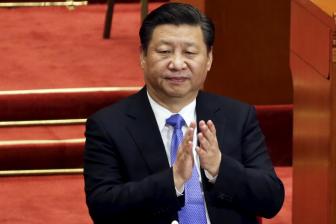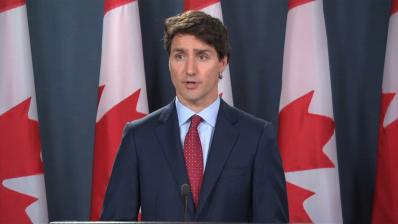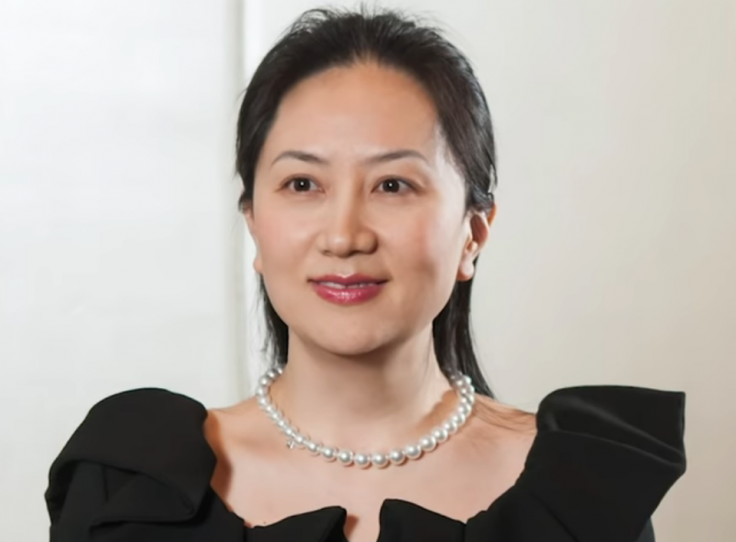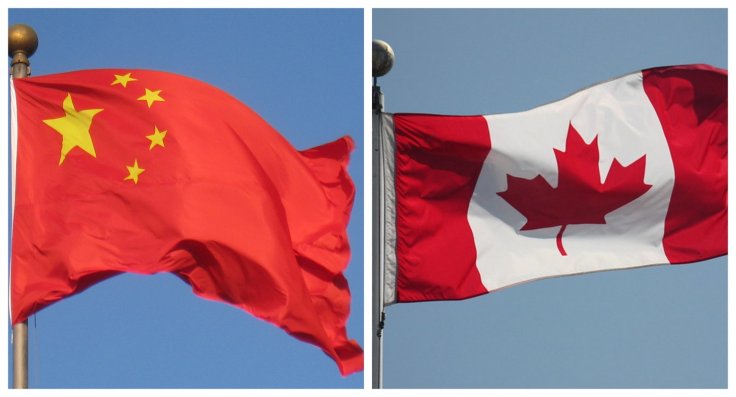In 2015 when Canada's Prime Minister Justin Trudeau successfully negotiated a release for Kevin Garratt with China, it signaled a smooth diplomatic tie between the two nations. Garratt, a Canadian missionary, who was charged with espionage and sentenced to eight-year in jail, spent two years in Chinse prison but became the face of improving relations after years of ups and downs between the two.
But fast forward to 2020, China brought similar espionage charges against two Canadians Michael Kovrig and Michael Spavor on June 19. Kovrig, a businessman on the China-North Korea border and Spavor, a former diplomat, could face lengthy prison or even death sentence as diplomatic ties between the two countries took a further nosedive. Last year, two other Canadians — Fan Wei and Robert Schellenberg — were sentenced to death for alleged drug smuggling. Canada failed in its attempts to claim their amnesty.
Trudeau expressed his "disappointment" and promised to use every diplomatic channel to bring them back to Canada. "In the case of the Two Michaels, I can say that we are using a wide range of public and private measures to ensure that everything is being done to get these Michaels home."


Stuck in Crossfire
However, worsening relations between China and Canada have impacted other fields of cooperation. After enjoying two years of healthy diplomatic relations, the first sign was in 2018. Canada, at the United States' behest, detained Chinese telecom giant Huawei's Chief Financial Officer, Meng Wanzhou, during her layover in Vancouver.
The U.S., which has been at loggerheads with China after Donald Trump claimed the presidency in 2016, pushed for her extradition on charges of fraud related to trade with Iran. Canada, a neighbor and ally of the U.S., got stuck in the crossfire and the relations with China rapidly deteriorated. Last month, the Canada Supreme Court ruled in favor of her extradition.
This came after the U.S. declared a trade war against China with Huawei becoming the first victim. Huawei was never really in the good books of the U.S. though. They were accused of corporate espionage (by Motorola) and the U.S. government blocked many of their deals including wireless network for emergency services. The U.S. and its allies also blocked Huawei and another Chinese brand ZTE from installing the 5G network, accusing them of spying.

Then came the ban on the two companies. Huawei hit back, suing the U.S. government but it was followed by the arrest of Meng. China, in retaliation, detained two Michaels and waited for Canada's response.
"The Canadian side should immediately correct its mistake, release Meng and ensure her safe return to China at an early date so as to avoid any continuous harm to China-Canada relations," Chinese Foreign Ministry spokesman Zhao Lijian said, adding that the U.S. and Canada abused their bilateral extradition treaty to detain her.
Trade tirades
Canada, under pressure from the U.S., could not do much other than processing the hearing for Meng's extradition. But China exploited the situation. The Asian giant had imposed limits on Canadian canola products on the grounds of pesticides and bacteria. Canada exports around 40 percent of canola products to China alone, making it the largest importer of the product.
The relations further worsened with the Coronavirus pandemic, which began in the Chinese city of Wuhan in late December last year. China was accused of stockpiling medicines and medical supplies before revealing the severity of the COVID-19 virus. Canada once again was caught in the crossfire. With its national stock depleted, Canada had to import medical supplies from China, which is the No 1 exporter of personal protective equipment (PPE), an essential product during a pandemic.

As fingers were raised at China and demand for probe into the origin of the Coronavirus pandemic grew larger, Canada extended support to more than 60 countries including the U.S., Australia, Japan and India.
China continued its wolf warrior diplomacy with issuing 16 notifications to the Canadian government for non-compliance, citing discovery of pests in the shipment of wood logs. China is Canada's second-largest buyer of lumber after the U.S.
On June 19, Canadian trade with China hit another roadblock with lobster exports. Chinese importers demand a signed declaration from Canadian authorities that the live processed lobsters are free of COVID-19. The exports were worth around $457 million. China has recently started testing random products after new clusters of COVID-19 emerged in Beijing.
While there is no scientific evidence that lobster or fish products (live or processed) and food packaging are a source of transmitting Coronavirus, it's likely another tact being used by China.
Canada Can Do Little
But Canada can do little to hit back despite being allies with the U.S. and all its friends — practically every nation apart from Russia, North Korea, Iran and Syria besides China. Canada's recent loss in getting a coveted seat as a non-voting member at the United Nations Security Council, where China is a permanent member, is just one of many signs. Hence, the release of the two Michaels will depend on whether Canada bows down to China or stick to its allies.
Professor Roland Paris of the University of Ottawa and a former foreign affairs adviser to Trudeau believes that his country has "very few" options. "I doubt the Chinese will release them until the Meng hearing is completed, and even then, it might take some time. That's the painful reality that we're in, and it's even more so because it's not of our own making," he told Global News.









